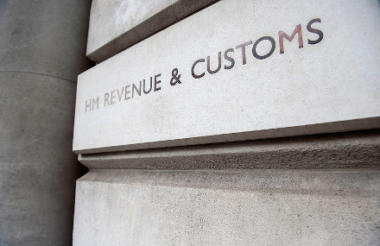Charities have called on HM Revenue and Customs that it should do more to remove the barriers for small charities accessing the Gift Aid Small Donations Scheme.
In a joint response to HMRC’s consultation on the scheme, NCVO, the Charity Finance Group, Institute of Fundraising and Small Charities Coalition said HMRC’s proposals do not go far enough and urged it to scrap the matching rule, which obliges charities to have already claimed gift aid on an amount that is at least 10 per cent of the value of the donations on which GASDS is being claimed.
The scheme was introduced in 2013 to enable ‘top-up’ gift aid-style payments for small cash donations but has raised far less for charities than was originally intended. Latest figures suggest that the scheme raised £26m in the year to March 2016 - far less than the £135m the government had expected the scheme to be raising by now.
Sector bodies said the matching requirement should be removed because it “creates great inflexibility” and its removal would make the scheme easier for smaller charities to access.
Michael Birtwistle, senior policy officer at NCVO, said: “This is a really fundamental opportunity to make sure the scheme works better. When you look at the measures for success and the HMRC's impact assessment it is clear that the scheme is not reaching as many organisations as the government was hoping for.”
He added that: “We haven’t seen any evidence of the extent to which the matching rule keeps the error, or fraud, rate low.” He suggested HMRC should consider what the “lowest minimum requirement” could be.
Andrew O’Brien, head of policy and engagement at CFG, said: “What we’ve asked for are a comprehensive package of changes which will enable thousands more charities to get the support they need and turn this scheme into something that really helps small charities. Tinkering around the edges is simply not enough.
“The government has talked a lot about how it wants to help small charities in the past, now is its chance to prove that it means what it says. Let’s hope it doesn’t duck this opportunity.”
The sector bodies also called for the scheme to be reviewed again in three years.









